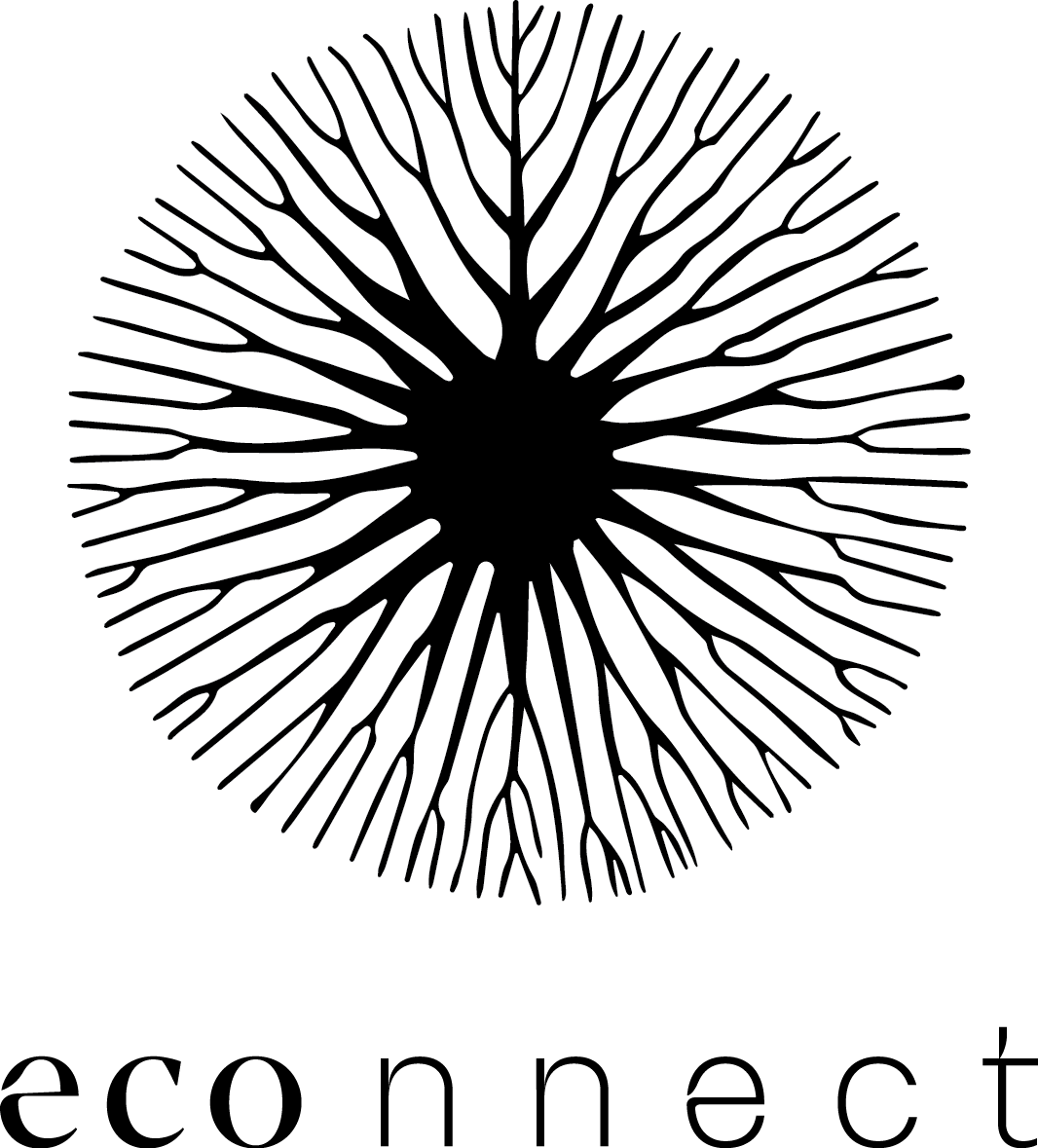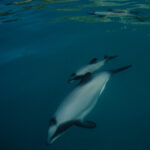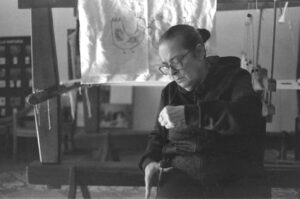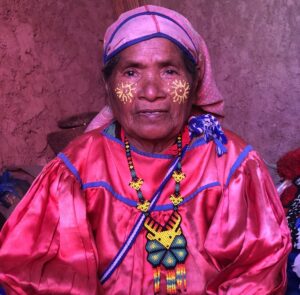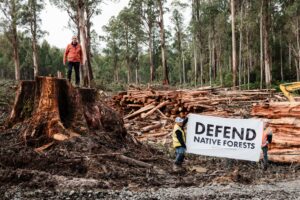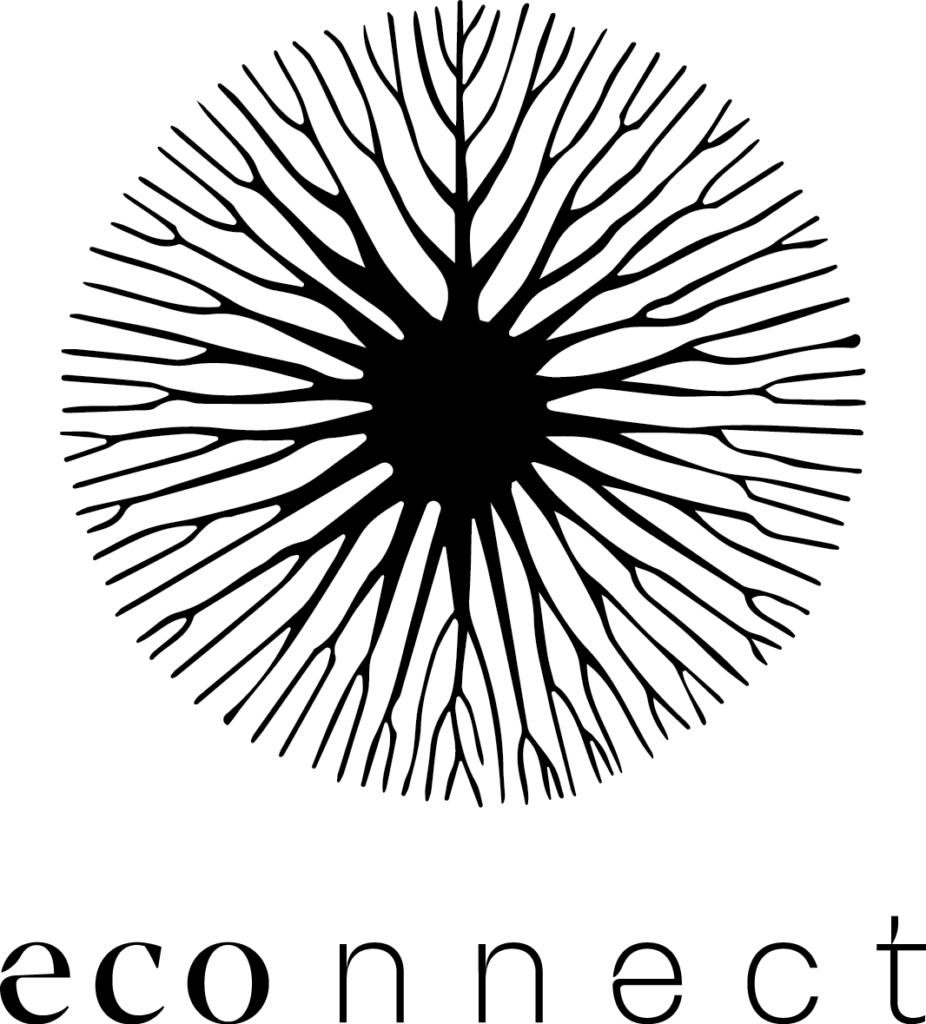Neocolonialism refers to the indirect control that powerful countries exert over less developed nations, primarily through economic, political or cultural pressures (rather than direct military or political domination). The effects of neocolonialism are visible in environmental and conservation efforts, as foreign entities often initiate and control conservation projects in developing countries. These projects typically prioritise global environmental goals over local needs, sometimes displacing indigenous communities and imposing western conservation models that may not be sustainable or beneficial for local ecosystems.
After centuries of Portuguese colonial rule, Cape Verde, an archipelago of 10 islands in the central Atlantic Ocean, gained independence on July 5, 1975. Sal, one of the islands in the archipelago, historically thrived on salt production, but in the late 20th century an Italian investor purchased the salt mines and began building hotels and resorts, effectively controlling the island’s economy. This transition from salt production to tourism altered Sal’s economic landscape, highlighting the impact of foreign investment on local communities.
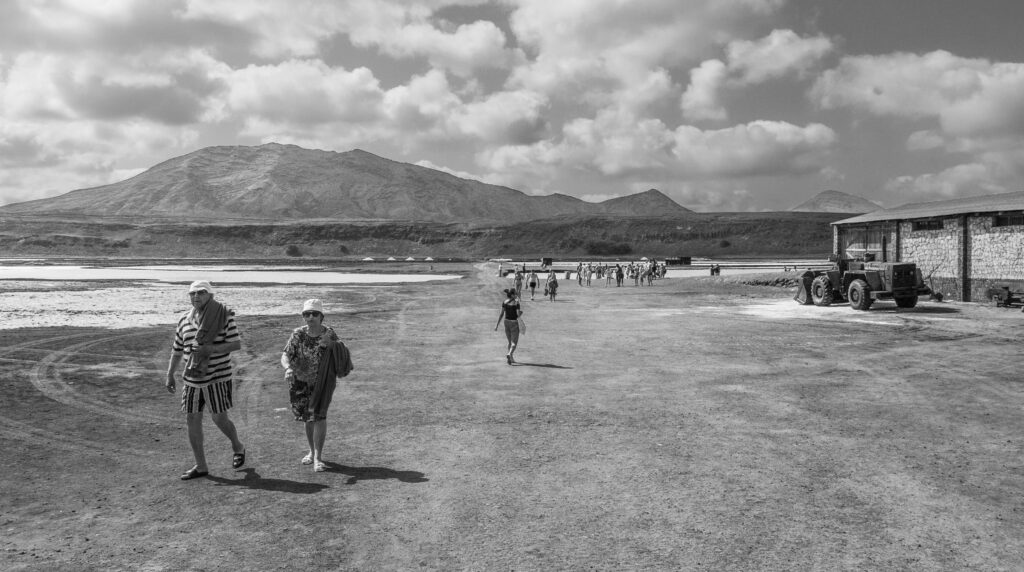
“Sal has always been marketed as a sun-and-beach tourist destination, as if there was nothing else, portraying it as a desert island with nothing more to offer. Our goal was to challenge and dispel this notion, to show that the island holds much more ecological significance than previously acknowledged.”
In 2011, Albert, a biologist born in Catalonia, Spain, arrived in Cape Verde along with Berta, a marine biologist, to volunteer with a local conservation organisation.
“We continued to gain responsibilities until 2014. There were already other people who had also started working on the different issues endangered sea turtles face in the country: habitat loss, poaching, light pollution, plastic pollution, among others. With some locals, we decided to found a NGO, Projeto Biodiversidade. It was 6 of us when we started.
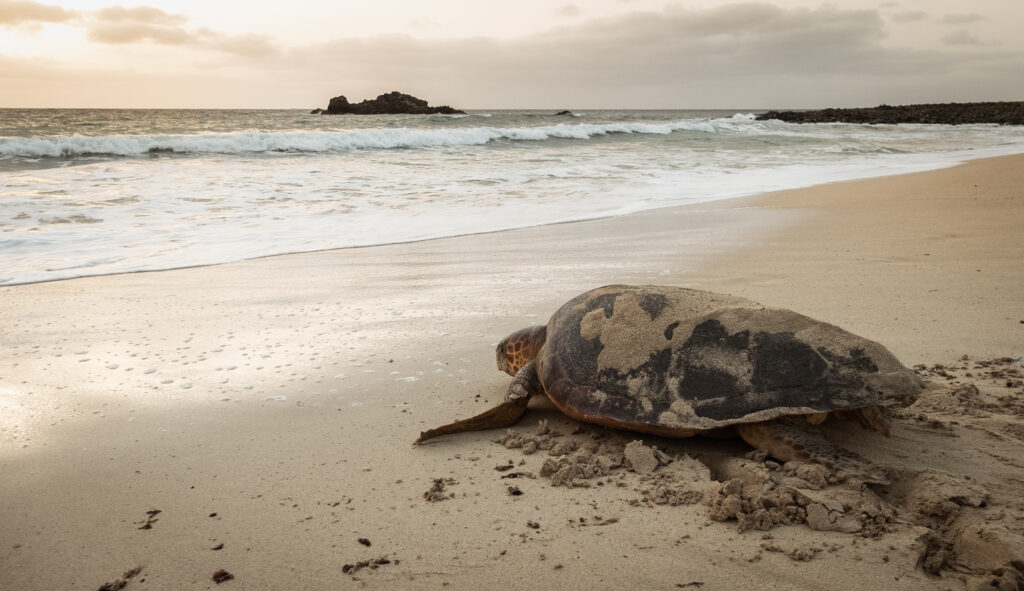
“The conservation NGOs that started here in Cabo Verde were mostly outsiders who came to dictate what needed to be done, and there was a missing element of making it more community-oriented. So our objective was to address this gap and start working on it. We aimed to collaborate as much as possible with the local population, providing employment opportunities and training. We wanted to empower locals to take on leadership roles with the clear goal that someday the project would be 100% nationally managed.”
As of today, there are 27 people working in the permanent team, and of that group only four are foreigners.
The project started almost 10 years ago as an organisation to protect sea turtles, but it has always been much more than that.
“I believe it was more of a result of necessity, the outcome of an urgent need the island had. It was a group of individuals who met through sea turtle conservation and realised there was an urgent need to protect the island’s natural riches, to preserve and make people aware of them.”
With the expansion of preservation initiatives across the Cape Verde archipelago, in 2009 a national marine turtle conservation network was created, TAOLA. With the need to preserve whole habitats, conservation efforts expanded to include other fauna and flora. In 2022, along with five local NGOs, Projeto Biodiversidade helped to create TAOLA+ Rede Nacional de Conservação Ambiental, a network of organisations dedicated to environmental conservation, uniting environmental NGOs into a single, bigger voice.
“Only a few weeks ago, we held the first assembly. Now we are 14. It is becoming a driving force for conservation throughout the country, and that is amazing. Now, if you go to any island, you will find a fairly large environmental conservation NGO.
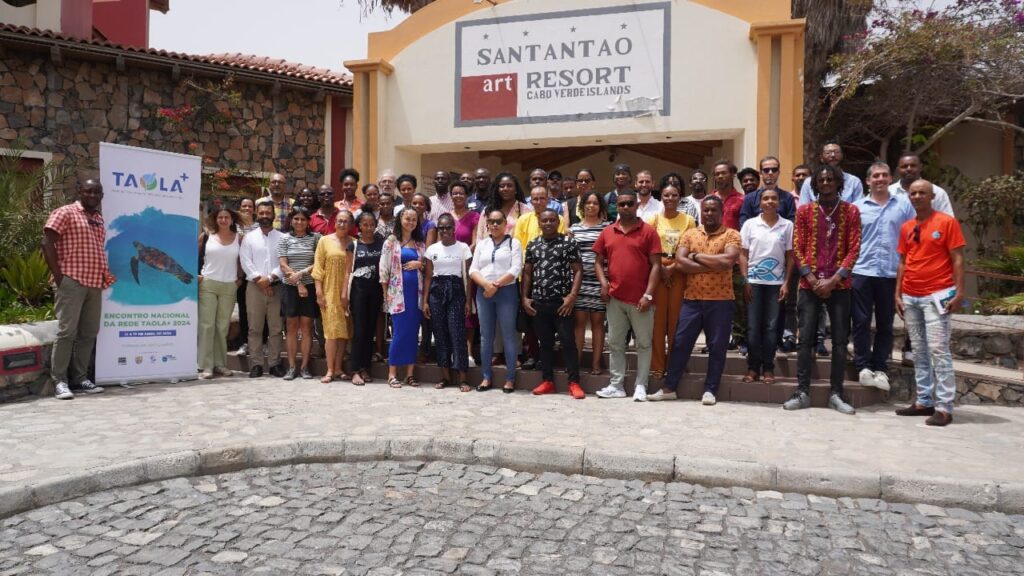
“There are also groups that are not that well organised due to paperwork, who cannot yet be part of the network due to bureaucratic reasons, but we also represent them. The idea is not to leave anyone out, to include everyone, and always add more.”
Through Projeto Biodiversidade, and now with TAOLA+, the goals continue to expand and evolve.
“Having an organisation connecting the NGOs gives much more strength to everything we do. We now work with plants, sharks, seabirds, ecosystems, dune restoration… We all do so many things. We needed to create something that encompassed everyone, all the NGOs. In the end, it’s the story of a bunch of people who came together in this place and said, ‘hey, let’s try to conserve and take care of this.’ That’s really incredible. Ultimately, no matter what you do, no matter where it is, it always comes down to the power of grassroots organisations for everything.
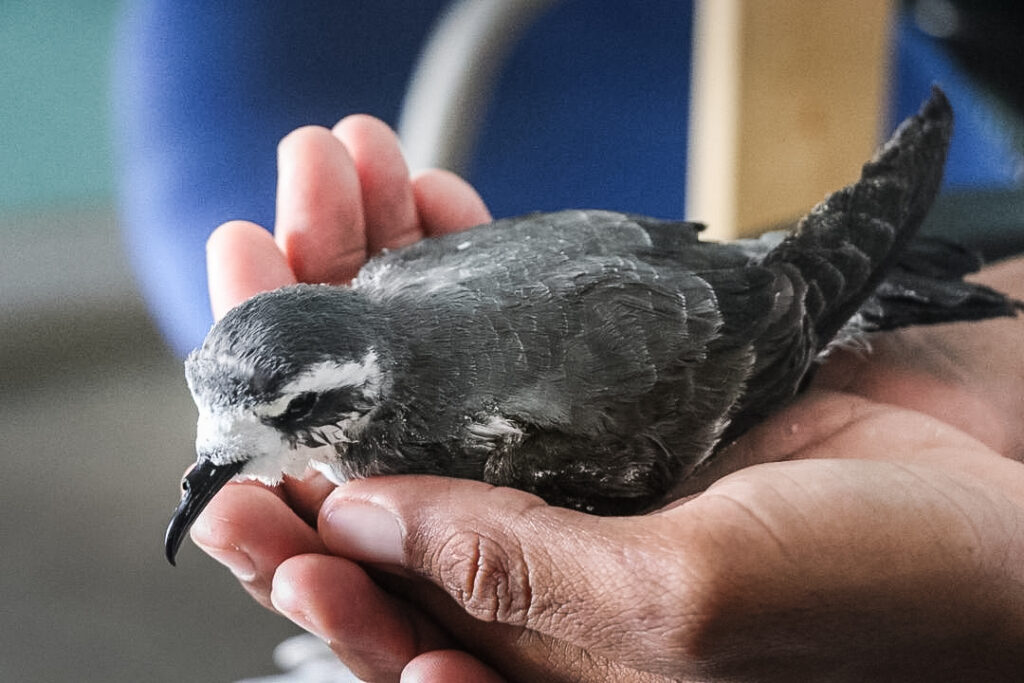
“I remember when I arrived here in 2011, the quad bike tours for tourists used to pass right through the middle of the beach, through a natural reserve in Costa da Fragata. Nowadays, we’re already discussing how far away from the dunes they can go. The whole picture improves when you value what you have.”
Things seem to be getting better, with a growing number of people involved and the government willing to protect the precious ecosystem of Cape Verde. Yet, like elsewhere, the ocean is often overlooked when it comes to active conservation, even in a country where 99.45% of the territory is water.
“The fishing agreement that Cabo Verde has with the European Union is the same as the one the EU has with the Canary Islands, the closest archipelago to Cabo Verde, yet the EU pays the Canary Islands millions, but here in Cabo Verde they give a pittance and come and empty the sea. There’s a lack of management of the fishing industry, due to lack of financial support and a lack of State strategy. There’s a lack of Marine Protected Areas and a lack of a clear vision that can guarantee the survival of the ecosystem.”
Marine Protected Areas (MPAs) are designated regions in oceans, seas and large lakes where human activities are managed and regulated to protect marine ecosystems and biodiversity. They are essential tools for conserving marine habitats and creating more MPAs is the key to the survival of ocean ecosystems.
“Here, there are Marine Protected Areas, and when we go there, the seabed is clean, they’ve wiped everything out, there’s nothing, nothing! Only in the places they can’t reach is where there’s quite a significant wealth, like the shallow coral reefs. But if we go a bit further away from the coast, we can’t find any life. Why? Because the existing MPAs are not managed. There’s a lack of a state strategy and the conviction to carry it out to the end.”
MPAs can significantly vary in their level of protection and the types of activities allowed within their boundaries, but Albert has a clear vision for Cape Verde’s waters to once again be a thriving, biodiverse ecosystem.
“We have a large project with the objective to create new Marine Protected Areas and extend existing ones. The government didn’t want to know anything about it at first… but in the last year, they have become more enthusiastic.
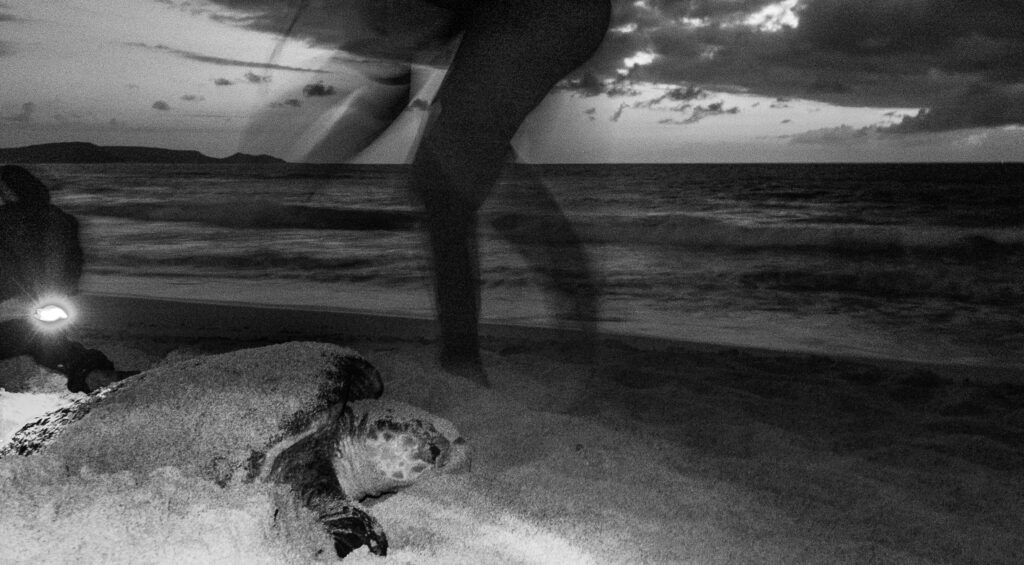
“We are practically managing protected areas. We continue to monitor, fight against hunting, we place signs, restore dunes and carry out a kind of management of these areas. The difference is that we don’t do it with the government. There’s no document that says, you are the managers of the protected area. It doesn’t exist. But I believe that now, over time, we will move in that direction, NGOs will start to gain more relevance. We don’t talk so much about protecting turtles anymore, we don’t talk so much about the patrols themselves, we talk about beach management. We’re not just patrolling the beach anymore, now we’re managing it.”
The key to their success goes beyond the organisation, it’s something bigger.
“We need to change the paradigm a bit. We need to understand that the locals have been here all their lives, and now we or other people from outside are coming, and this is important. I believe our role here is about accompanying the development in the country to make it as sustainable as possible, rather than opposing or hindering it.
“We’re moving away from the conventional conservation idea of years ago, where you protect a species to the end and that’s it. We’re focused on the ecosystem level, the whole. It’s been an ant’s work, a constant effort and of always being present, not creating something with a start and end date, but something more permanent.”
This is Projeto Biodiversidade’s biggest achievement thus far.
“Things change through persistence, laws don’t get created overnight. Laws have to be in place for a while, convince the government, then they make the law, then they implement the law. You have to be there and maintain it. And that’s what I believe our biggest achievement is, that people don’t see us as just an environmental issue, they see us as intellectual authority.”
Albert is proud of what they have achieved — as he should be — but more importantly, he conveys an idea that all activists should share.
“I arrived here as a volunteer, and there was an opportunity to help protect this ecosystem, we took it and now, well, we have something that is very big, that’s much bigger than ourselves. I believe what sets us apart is the conviction that we don’t do things for our own benefit, we do things for the common good, for something greater.”
What does the future of Cape Verde hold? Albert’s focus remains the same, to protect the archipelago often referred to as the Jewel of the Atlantic.
“I would love to see the organisation play a significant role in the management of protected areas, of no-fishing zones. I would like to see more reserves in a tangible way, because right now it’s all theoretical, isn’t it? I want to see this in action.”
Helena Constela is a photographer, videographer, producer and activist. She works in the media team on Sea Shepherd’s ships, while also managing social media for both eco-nnect and Seaspiracy.
